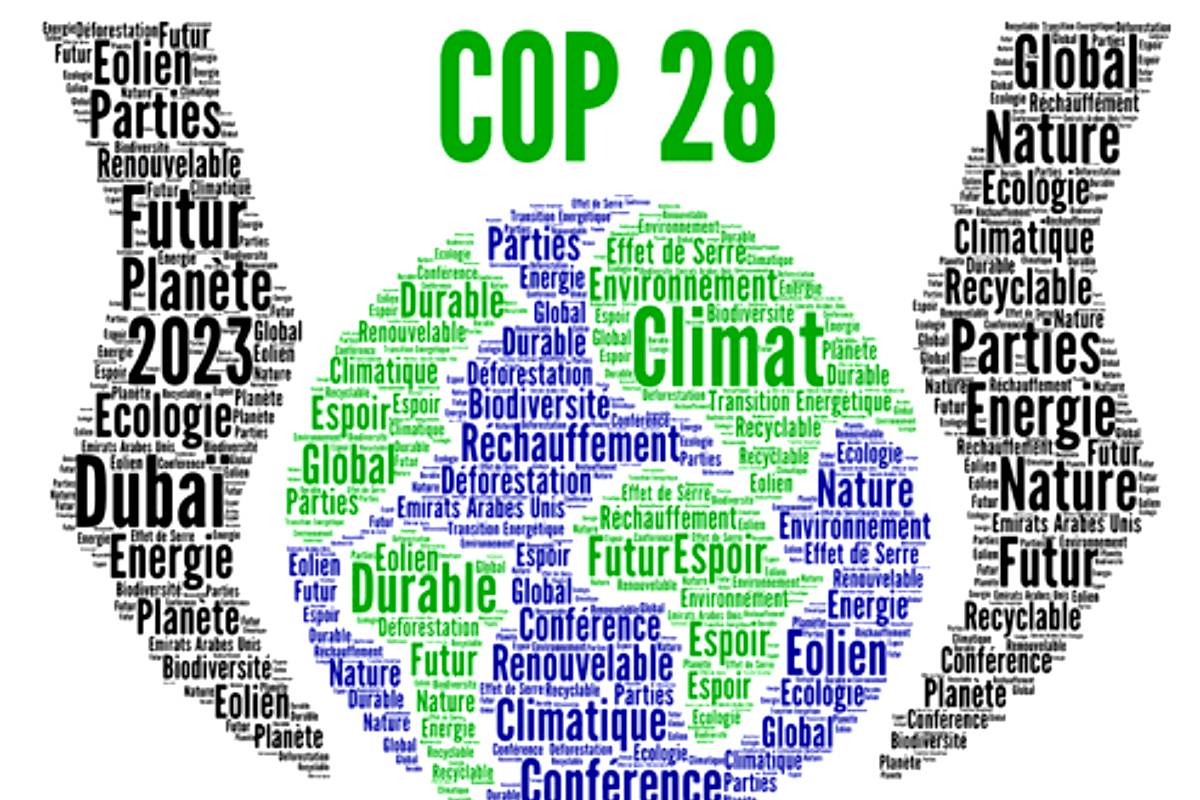NEW DELHI: As the COP28 climate talks enter a crucial phase, the call for decisive action to combat catastrophic global warming echoes through the negotiations. UN climate chief Simon Stiell, emphasising the urgency, urged nations to unite and finalise a comprehensive agreement as they grapple with a central and contentious issue – the decision on whether to advocate for an end to fossil fuels.
Stiell acknowledged a degree of progress in resolving disputes but delivered a stark warning, emphasising that any deviation from the highest level of ambition could lead to severe consequences, potentially costing countless millions of lives.
COP28 President Sultan al-Jaber added his voice to the urgency, stressing the need for faster decision-making. “Time has come for us to shift gears. Time has come for us to deliver,” stated al-Jaber. While positive signs emerged with the release of a new draft agreement on global adaptation goals, concerns linger regarding the financial gap between adaptation needs and available resources.
The draft suggests options, including vulnerability assessments by 2025 and the establishment of early warning systems by 2027. Another proposal advocates for national adaptation plans to be implemented by 2030. However, critics emphasise that the effective execution of these plans requires developed countries to support developing nations.
Draft texts on the Global Stocktake, assessing progress in curbing warming and adhering to climate goals, reveal multiple options on phasing out fossil fuels. COP28 President al-Jaber urged negotiators to reach a consensus, underlining the critical juncture of the talks.
Divergent views persist on fossil fuel language, with a coalition of over 80 countries, including the US, EU, and small island nations, advocating for explicit language to phase out fossil fuels. Notably, Saudi Arabia, a key OPEC member, opposes such a resolution. The negotiation table reflects a divide, as some nations support a decisive phase-out while others, including Russia and Iraq, resist its inclusion in the COP28 deal.
As the summit headed into its endgame, UN Secretary-General Antonio Guterres flew back to the conference on Sunday afternoon. “I am here to renew my urgent appeal to leaders: Recommit to the 1.5°C warming limit. End the fossil fuel age. Deliver climate justice,” he said in a post on X.
While greenhouse gas emissions from fossil fuels are by far the main cause of climate change, the burning of coal, oil, and gas remains the world’s main source of energy, powering many nations’ economies. Despite the rapid growth of renewable energy, today, fossil fuels produce around 80 per cent of the world’s energy.
Concerns persist over financing adaptation measures, and clarity on emission reduction commitments is yet to be achieved. The next few days will prove pivotal in determining the success of COP28 and the world’s commitment to addressing the pressing challenges of climate change.









